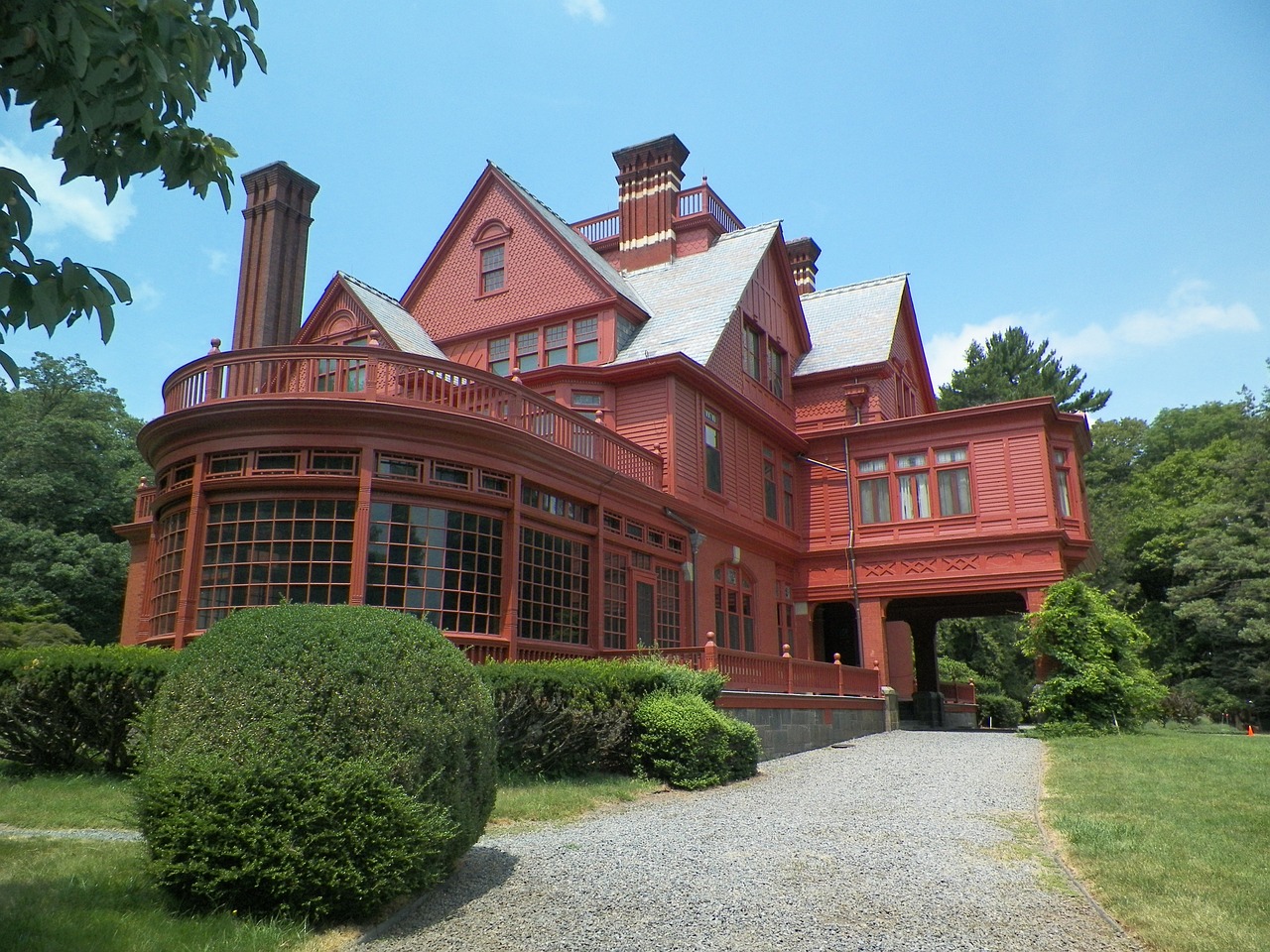How to Install a Home Water Heater
Prior to installing a water heater, it is essential to ensure the designated area is clean and free of any debris that could obstruct the installation process. Remove any items or obstacles that may impede access to the installation site, allowing the professionals to work efficiently and safely. Additionally, verifying that the area is well-ventilated will contribute to a smoother installation process and promote the proper functioning of the water heater.
Next, inspect the installation area for any potential hazards or safety concerns that could affect the installation process. Check for any water leaks, damaged electrical wiring, or structural issues that need to be addressed before proceeding with the installation. By addressing any safety risks beforehand, you can create a secure environment for the installation team and ensure the successful setup of the water heater.
Checking for Proper Ventilation
Checking for proper ventilation is crucial when it comes to installing a water heater in your home. Inadequate ventilation can lead to the accumulation of harmful gases, such as carbon monoxide, which pose serious health risks to you and your family. Ensuring that there is proper airflow around the water heater is essential to promote safe operation and prevent any potential hazards.
When inspecting the area for proper ventilation, it is important to look for clear pathways for both the intake of fresh air and the exhaust of combustion gases. Make sure that there are no obstructions blocking the vents or airways that could impede the flow of air. Additionally, check for any signs of corrosion or damage to the venting system, as this could hinder the proper function of the water heater and increase the risk of gas leakage.
Selecting the Right Water Heater
When it comes to selecting the right water heater for your home, there are a few key factors to consider. The first thing to think about is the size of your household and your hot water usage. A larger family will typically require a water heater with a higher gallon capacity to ensure an adequate supply of hot water for everyone’s needs.
Additionally, the energy efficiency of the water heater is crucial in order to save on utility costs in the long run. Look for models that are Energy Star certified, as they are designed to be more efficient and environmentally friendly. Finally, consider the type of fuel source that is most convenient and cost-effective for your home, whether it be electric, gas, or even solar-powered.





